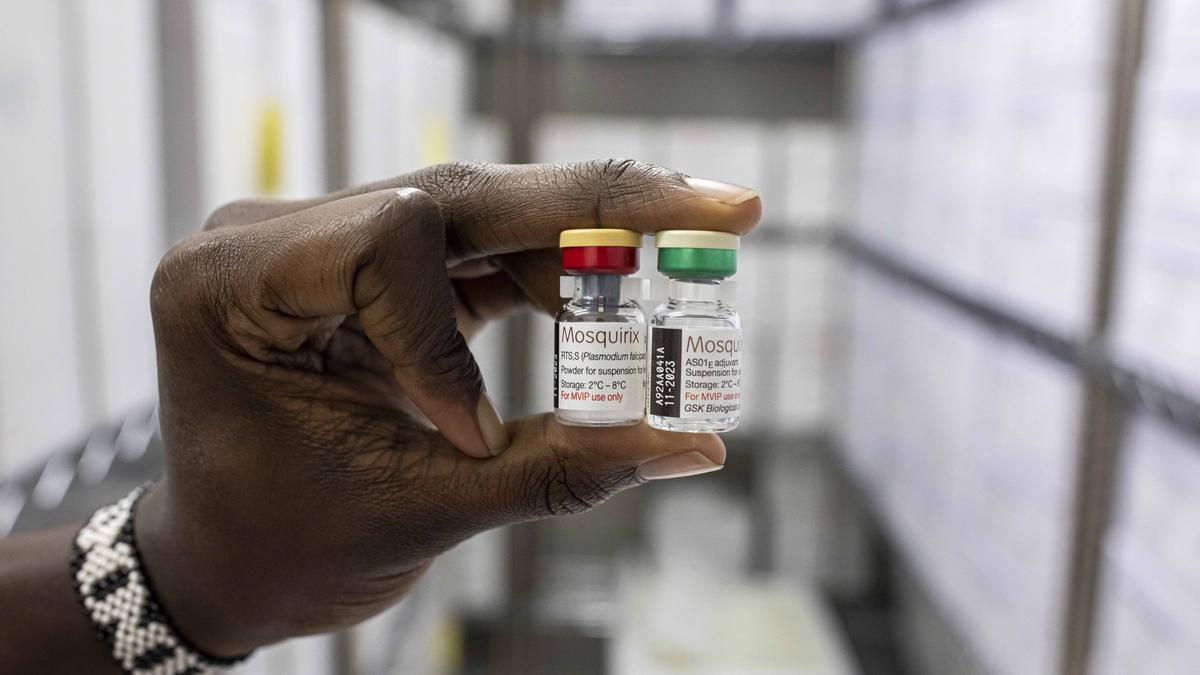Health
Kerala Faces New Nipah Virus Outbreak as Zoonotic Diseases Persist

The resurgence of the Nipah virus in Kerala has raised alarms as health authorities respond to a new wave of infections. This outbreak comes amidst a backdrop of ongoing concern regarding various zoonotic diseases—illnesses that can spread between animals and humans. While some diseases like Mpox and avian influenza have faded from headlines, they remain significant public health threats in numerous countries.
Health Authorities Mobilize in Kerala
In response to the recent spike in Nipah virus cases, local health officials are intensifying surveillance and preventive measures. As of now, the state has reported several confirmed cases, prompting immediate action to contain the spread. The Nipah virus, first identified in 1999, is known for its high mortality rate and potential for significant outbreaks.
Health experts are emphasizing the importance of public awareness in managing zoonotic diseases. According to the World Health Organization, zoonoses account for over 60% of emerging infectious diseases globally. This statistic underscores the necessity for continuous monitoring and research into diseases that can jump from animals to humans.
Zoonotic Diseases: An Ongoing Concern
Although the media spotlight may have shifted, diseases like Mpox and avian influenza continue to pose risks. Mpox, previously known as monkeypox, saw an increase in cases globally in recent years. The disease can spread through close contact or respiratory droplets, and its symptoms can be severe.
Meanwhile, avian influenza, often associated with outbreaks in poultry, has implications for both animal health and public safety. The virus can occasionally infect humans, leading to serious health issues. Ongoing vigilance is essential, especially in regions where outbreaks have been reported.
The situation in Kerala serves as a stark reminder of the interconnectedness of human and animal health. As zoonotic diseases present complex challenges, global collaboration and scientific research are vital. Countries must remain vigilant, enhancing their health systems to mitigate the threats posed by these diseases.
The fight against zoonotic diseases requires not just immediate response efforts but also long-term strategies. Public health initiatives aimed at education, vaccination, and monitoring can play a critical role in reducing the risk of future outbreaks. As Kerala navigates this new challenge, the world watches closely, aware that the battle against zoonoses is ongoing and ever-evolving.
-

 World7 months ago
World7 months agoSBI Announces QIP Floor Price at ₹811.05 Per Share
-

 Lifestyle7 months ago
Lifestyle7 months agoCept Unveils ₹3.1 Crore Urban Mobility Plan for Sustainable Growth
-

 Science6 months ago
Science6 months agoNew Blood Group Discovered in South Indian Woman at Rotary Centre
-

 World7 months ago
World7 months agoTorrential Rains Cause Flash Flooding in New York and New Jersey
-

 Top Stories7 months ago
Top Stories7 months agoKonkani Cultural Organisation to Host Pearl Jubilee in Abu Dhabi
-

 Science7 months ago
Science7 months agoNothing Headphone 1 Review: A Bold Contender in Audio Design
-

 Sports6 months ago
Sports6 months agoBroad Advocates for Bowling Change Ahead of Final Test Against India
-

 Top Stories7 months ago
Top Stories7 months agoAir India Crash Investigation Highlights Boeing Fuel Switch Concerns
-

 Business7 months ago
Business7 months agoIndian Stock Market Rebounds: Sensex and Nifty Rise After Four-Day Decline
-

 Sports6 months ago
Sports6 months agoCristian Totti Retires at 19: Pressure of Fame Takes Toll
-

 Politics7 months ago
Politics7 months agoAbandoned Doberman Finds New Home After Journey to Prague
-

 Top Stories7 months ago
Top Stories7 months agoPatna Bank Manager Abhishek Varun Found Dead in Well









